Today’s Classic Quordle Hints & Answers
Welcome to the strategic twist of classic word puzzles on this fine Tuesday, April 26, 2025! Today's Quordle Classic mode offers you the thrilling challenge of deciphering not one, but four words simultaneously. Each grid is a piece of the puzzle, and your mission is to unravel them all with keen insight and sharp wit. It's a mental marathon that will test the limits of your vocabulary and strategic thinking!
As you dive into this linguistic labyrinth, remember that managing multiple grids requires a tactful approach. Consider using common letters to get a strong foothold across all boards, and keep an eye out for letter patterns that emerge. When in doubt, you can always seek a strategic ally in the Quordle Solver to guide you through tough spots. Stay positive and persistent, and let each guess bring you closer to victory. Let's conquer today's Quordle Classic together!
Hints for Today’s Quordle Classic Puzzle
Word 1 Hints:
- The word starts with a consonant and is followed by a vowel. It has one repeated vowel and ends with a consonant.
- This word is a noun and is often used to refer to a special kind of vocabulary.
- It belongs to the field of languages, communication, and can also denote jargon related to a specific group.
- You might hear this word in conversations about people learning new languages or when discussing the specialized terms used in a particular profession or hobby.
- The word will remind you of the 'language' in a more colloquial or specialized subset, perhaps used within a particular community or culture.
- The word has five letters with a vowel in the second position and is repeated in the fourth position.
- This is a singular noun often used in scientific or mathematical contexts.
- The term is typically employed in the realm of genetics, mathematics, and geographical discussions.
- You might come across this word when discussing the position of something within a particular structured space or environment.
- If you're plotting points on a graph, each point can be described by this term, indicating its precise position.
- The word follows the consonant-vowel-consonant-consonant-vowel pattern.
- This term is a verb that expresses an action involving your hand and a usually small object.
- It's associated with actions commonly seen in sports and games involving balls.
- You would use this word to describe the action a pitcher does to start a baseball game or what you might do with a frisbee at the park.
- The word rhymes with something you might do to a door when you want someone to know you're outside, without using the doorbell.
- The word has a pattern of a single consonant followed by two identical consonants, and ending with a different consonant. Think of the sound made when two objects come into sudden contact.
- This word is both a noun and a verb, depending on usage. It often refers to an action or the sound produced by that action.
- It is frequently used in contexts relating to computers or user interfaces.
- You might perform this action to select something on a digital screen or to secure a buckle.
- When seeking the right term, imagine the sound that a camera makes when capturing a moment, or the act of pressing a button with a swift motion.
Think you’ve cracked it? Or are you still scratching your head? Scroll down for the ultimate reveal—but proceed with caution if you’re still guessing!
Warning: Spoilers Ahead!
This is your final heads-up! If you’re looking for tips or strategies to improve your game but still want to solve the puzzle by yourself, scroll back up now.
Below this section, we reveal today’s answers, so continue at your own risk.
Today’s Quordle Classic Puzzle Answer is…
Ready for the solution? Here’s today’s Quordle answer:
LINGO is a noun that refers to a foreign language or dialect but more commonly to the specialized language used by a particular group or profession. "Learning the lingo of computer programmers can be quite challenging for newbies." As for its etymology, "lingo" is believed to have originated in the 17th century, from the Portuguese word "lingoa," meaning language. Players might have been challenged by LINGO due to its ending in 'O', which is less common, and because it is a jargon term rather than concrete object.
Word #2: LOCUSThe word LOCUS is a noun that defines a specific location or center of activity. In mathematics, it's used to describe a set of points satisfying a particular condition, as in "The points on the graph that form a circle are the locus for the equation." The word stems from Latin, meaning "place" or "location." LOCUS might have tripped up Quordle players because it's a term often found in academic or technical contexts and it isn't frequently used in everyday conversation.
Word #3: THROWTHROW is a verb that means to propel something with force through the air by a movement of the arm and hand. A common example is, "He will throw the ball to his teammate during the game." The word has Old English roots, from "þrawan," which means to twist or turn. The term might have been challenging because it contains a silent 'W', which can be overlooked when trying to guess the spelling, and it also has multiple meanings and uses, possibly leading players to think in different directions.
Word #4: CLICKThe term CLICK serves as both a verb and a noun, describing the act of pressing and releasing a computer mouse button, or the sound that such an action makes. Example usage in a sentence could include, "Just click on the icon to open the file." The word mimics the sound associated with the action, a form of onomatopoeia, and has become ubiquitous with the rise of computers. The challenge for players with CLICK is likely due to the repetitive 'C' at the beginning and the end of the word, which is not a common pattern in English words.
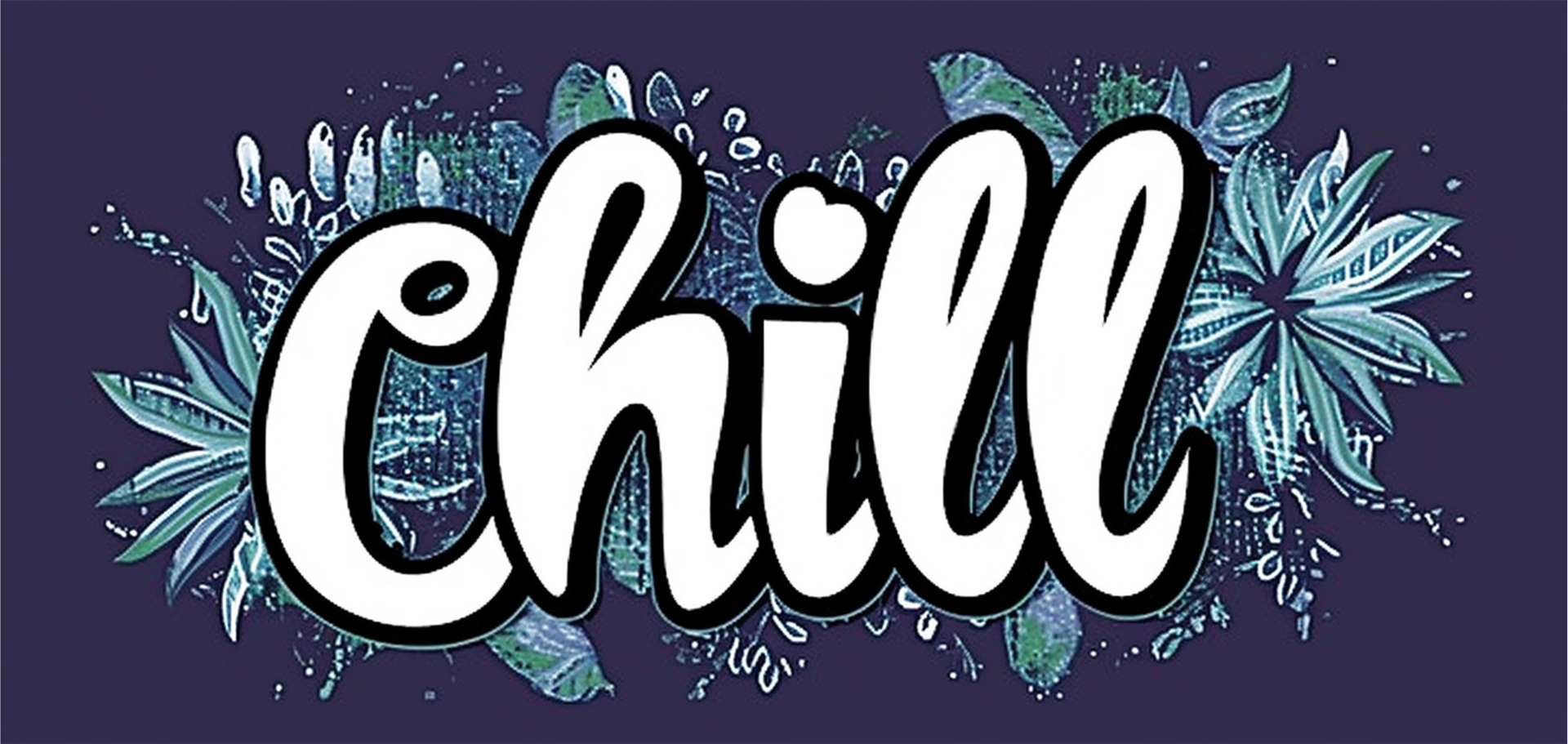
Today’s Chill Quordle Hints & Answers
Unwind and boost your word wizardry with a no-stress Quordle session on this chill April 26, 2025, and if you need a nudge, the Quordle Solver is here to turn each unlimited try into a fun learning leap!
Hints for Today’s Quordle Chill Puzzle
- The first word consists of five letters with the pattern consonant-vowel-consonant-consonant-vowel.
- This word is a past tense verb and indicates the action of having come across something or someone after searching or by chance.
- It belongs to a category of words that are commonly used to describe the completion of a search or discovery process.
- Imagine searching for a missing item and finally locating it after a period of looking; this is when you would typically employ this term.
- This word shares its first three letters with a synonym for a "foundation" or "base" of a structure, with a different ending sound that suggests completion of an action.
- The word has a consonant followed by a vowel, and this pattern repeats twice, ending with a consonant.
- It is a verb in its base form, indicating an action that could also serve as a noun in other contexts.
- This term is often used in relation to mixing different substances or elements together harmoniously.
- You would typically perform this action when preparing ingredients for a recipe or when combining colors in art.
- Think of what you might do to integrate diverse ideas or components so thoroughly that they become indistinguishable from one another.
- The structure of this word is consonant-vowel-consonant-vowel-consonant, and it has a common ending for comparative adjectives.
- As a part of speech, this word is an adjective typically used to depict a decline in quality, condition, or effectiveness.
- This term often falls into the realm of evaluative descriptions, especially in relation to performance or conditions.
- You might encounter this term when discussing the outcome of a situation that did not meet expectations or that deteriorated from a previous state.
- A strategic approach would notice that this word is often paired with "from bad to ___," indicating a downward trend.
- The word consists of five letters, with the first and last letters being consonants.
- This is a singular noun that represents a physical object.
- It's often made of metal and consists of a series of interlocking links.
- These are typically used for fastening, securing, or pulling various objects, and can be found in jewelry as well as in industrial settings.
- Think of what might restrain or connect in a way that allows both flexibility and strength.
…
Another Warning: Spoilers Ahead!
Just a heads-up! If you’re working on Quordle Chill and want to solve it yourself, now’s the time to scroll back up. The answers are coming up next, so only keep going if you’re ready to see them!
…
Today’s Quordle Chill Answer is…
Here are the answers to Chill mode.
The word FOUND is a verb in its past tense, meaning to have discovered something by chance or through a deliberate search. It can also mean to establish or set up, particularly with reference to an institution or a structure. A common usage for the term might be, "They found a rare coin in the attic," or "Alexander Hamilton found the United States' first national bank." The term has its roots in the Old English 'funden', which is the past participle of 'findan' meaning to find. In the context of Quordle, players might have been tripped up by the multiple meanings of the word and its close resemblance to other past tense verbs that share similar endings.
BLEND:BLEND is primarily a verb that means to mix a substance with another substance so that they combine together. It also exists as a noun that describes the result of such a mixture. In everyday language, you might hear it used like so: "Blend the fruits and yogurt to make a smoothie," or "The artist's blend of colors was unique." Its etymology can be traced back to the Old Norse 'blenda', which means to mix. Players may have found 'BLEND' difficult due to the common letter patterns it shares with other five-letter words, particularly those that end in -END.
WORSE:As an adjective, WORSE indicates a lower quality or a more serious or severe state than before. It is the comparative form of 'bad'. For example, one might say, "The weather today is worse than yesterday," or "His performance has gotten worse over the season." 'Worse's' history stems from the Old English 'wyrsa', rooted in the Proto-Germanic 'wersizon'. When playing Quordle, the challenge in guessing 'WORSE' might have been due to its starting with a less common consonant and involving the comparative form, which is not always at the forefront of players' minds.
CHAIN:The noun CHAIN denotes a series of linked metal rings used for fastening or securing items, or as a means of restraint. As a verb, it can describe the action of fastening or securing with a chain. People often use it in contexts like, "He secured the bike with a heavy chain," or "The stores are part of a national chain." The word derives from the Old French 'chaine', which itself comes from the Latin 'catena'. In terms of gameplay, discerning 'CHAIN' could have posed a difficulty owing to the multitude of potential letter combinations that can follow the common starting pair 'CH'.
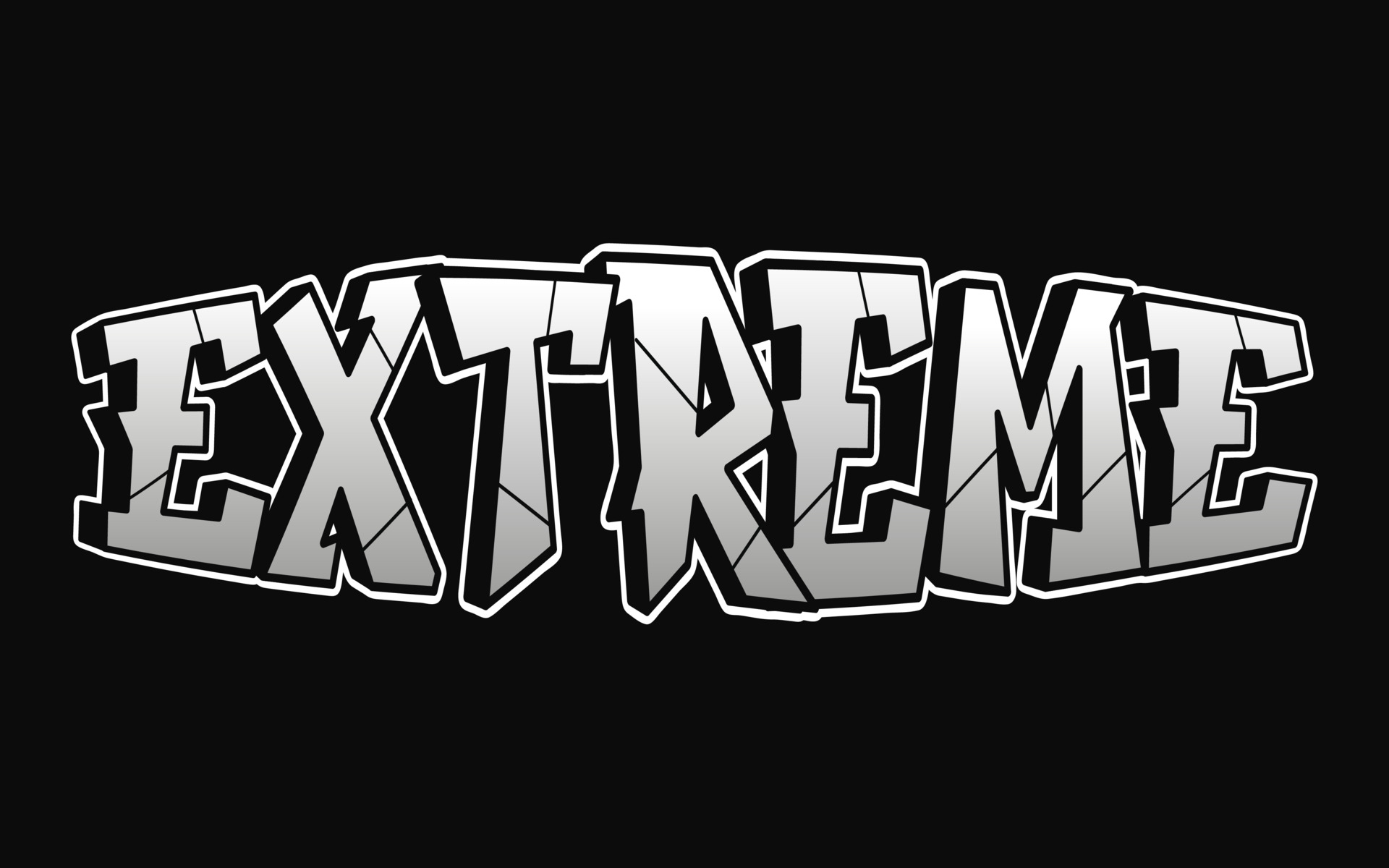
Today’s Extreme Quordle Hints & Answers
Embark on a cerebral odyssey with Quordle Solver as you tackle the heightened strategy and intricate puzzles of today's Quordle Extreme mode (2025-04-26) – sharpen your wits for an exhilarating blend of challenge and triumph!
Today’s Quordle Extreme Mode Hints
Word 1 Hints:
- The word has a consonant-vowel-consonant-vowel-consonant pattern.
- This is a noun, often used as both a material type and as a descriptor for items made from said material.
- It's synthetic and commonly associated with the textile industry.
- You might encounter this term when shopping for hosiery or discussing materials that are durable yet flexible.
- Think of something first developed in the 1930s that revolutionized the fabric industry and is crucial for creating various garments, like stockings and swimwear.
- The second word's structure includes a consonant, a vowel, then three different consonants.
- This word is a singular noun, and it's often used in a culinary context.
- It belongs to the culinary herbs group and is commonly used for its aromatic leaves.
- You might find this item in your kitchen or garden, and it is frequently used to enhance the flavours in pasta sauces or pizzas.
- It starts with the second letter of the alphabet and is a key ingredient in pesto.
- The third word follows a consonant-vowel-consonant-consonant-vowel pattern.
- This is a singular noun, often used in a collective sense to encompass numerous activities.
- The term falls into the realm of competitive physical activities and games.
- One might engage in this either casually or professionally, often associated with a team or individual competition for entertainment and health.
- This word represents both a category and a common term within the context of games that involve balls, racquets, or even mind-focused challenges, provided they are governed by a set of rules and engage physical exertion or skill.
- This word consists of five letters with a diverse composition: a double consonant, two vowels, and a unique consonant that can be challenging to guess.
- The word is a noun, often used to describe a small object of a technological or mechanical nature.
- This term is frequently associated with gadgets, especially those that are novel or seen as cleverly designed for their intended purpose.
- One might refer to this when talking about something handy they recently purchased, which could be related to electronics, but doesn't have to be high-tech necessarily.
- The starting letter is an infrequent consonant, not usually guessed early in word games, and the item can sometimes be pocket-sized, but it invariably draws interest for its purpose or design.
…
Last Warning: Spoilers Ahead!
Heads up! If you’re playing Quordle Extreme and still want to figure it out on your own, stop scrolling now. The answers are just below, so only keep going if you’re ready to see them!
…
Today’s Quordle Extreme Answer is…
Ready for the solution? Here’s today’s Quordle answer:
NYLON is a noun referring to a synthetic polymer, a type of plastic made of long chains of polyamides. It's widely known for its strength and elasticity, commonly used in fabrics and materials like stockings, ropes, and toothbrush bristles. An example of its usage would be, "She prefers nylon stockings because they are more durable." The word "nylon" was coined in 1938 by the DuPont company, and is often said to stand for "New York" and "London," but this is a popular myth; the name was designed to be short, memorable and not resemble any existing material. Players might have struggled with "nylon" in Quordle due to the common letters 'N' and 'L' appearing in unconventional positions.
Word #2:The word BASIL is a noun describing a sweet-smelling herb with leaves that are used as a seasoning in cooking. Its usage can be exemplified in a sentence like, "He garnished the tomato soup with fresh basil." Originating from the Greek word 'basileus' meaning "king," basil is sometimes called the "king of herbs." Over the centuries, it made its way into various cuisines around the world. Basil could have tripped up Quordle players, especially if they were expecting the first letter to be less common in word games or were not familiar with cooking terminology.
Word #3:SPORT is an activity involving physical exertion and skill, where an individual or team competes against others for entertainment. As a noun, it can be used in this way: "Football is a popular sport around the world." The origin of the word is from the Old French 'desport' meaning "leisure," which morphed into the modern concept of competitive physical activities. For Quordle players, the word "sport" may have posed a challenge due to its short, common letters that are typical in many English words, thus not giving away its identity too quickly.
Word #4:GIZMO refers to a gadget, especially one whose name the speaker does not know or cannot recall. It's a noun and is informally used to refer to mechanical devices or innovative technology, as in the sentence, "He bought a new gizmo for peeling vegetables." The etymology of "gizmo" is somewhat mysterious, possibly deriving from naval slang in the 1940s, and it embodies the novelty and unfamiliarity that is often inherent in new technology or gadgets. This word might have been tough for Quordle contenders due to its informal nature and the less common 'Z' making it slightly elusive in the puzzle grid.
Quordle Answer History
Curious about previous puzzles? Here’s a look back at some recent answers for reference or nostalgia:
Quordle Classic Answers
| Date | Puzzle # | Words |
|---|---|---|
| Apr 25, 2025 | #1187 | ●●●●● SHALT ●●●●● WRATH ●●●●● MAMBO ●●●●● HUMPH |
| Apr 24, 2025 | #1186 | ●●●●● CHOKE ●●●●● COLOR ●●●●● FRAME ●●●●● CAIRN |
| Apr 23, 2025 | #1185 | ●●●●● VALET ●●●●● PUPAL ●●●●● CREEP ●●●●● DRIFT |
| Apr 22, 2025 | #1184 | ●●●●● SHARD ●●●●● PRINT ●●●●● SUMAC ●●●●● LEACH |
| Apr 21, 2025 | #1183 | ●●●●● SHARD ●●●●● PRINT ●●●●● SUMAC ●●●●● LEACH |
| Apr 20, 2025 | #1182 | ●●●●● DINER ●●●●● HORDE ●●●●● SHONE ●●●●● FUGUE |
| Apr 19, 2025 | #1181 | ●●●●● GRADE ●●●●● LAUGH ●●●●● RAINY ●●●●● EXULT |
| Apr 18, 2025 | #1180 | ●●●●● DEBUT ●●●●● GLADE ●●●●● BASTE ●●●●● PESTO |
| Apr 17, 2025 | #1179 | ●●●●● SPRAY ●●●●● RAMEN ●●●●● SHELF ●●●●● COURT |
| Apr 15, 2025 | #1177 | ●●●●● SLEET ●●●●● MERIT ●●●●● HARSH ●●●●● FORAY |
Quordle Chill Answers
| Date | Puzzle # | Words |
|---|---|---|
| Apr 25, 2025 | #1187 | ●●●●● APTLY ●●●●● DIVER ●●●●● NIGHT ●●●●● MAGIC |
| Apr 24, 2025 | #1186 | ●●●●● TOAST ●●●●● THEFT ●●●●● BUYER ●●●●● CRAMP |
| Apr 23, 2025 | #1185 | ●●●●● MOVER ●●●●● ELDER ●●●●● SHAME ●●●●● COBRA |
| Apr 22, 2025 | #1184 | ●●●●● FIGHT ●●●●● ALIVE ●●●●● SLICE ●●●●● CROOK |
| Apr 21, 2025 | #1183 | ●●●●● FIGHT ●●●●● ALIVE ●●●●● SLICE ●●●●● CROOK |
| Apr 20, 2025 | #1182 | ●●●●● SHARK ●●●●● LABEL ●●●●● PRINT ●●●●● PURGE |
| Apr 19, 2025 | #1181 | ●●●●● CLOTH ●●●●● PLUMP ●●●●● LOFTY ●●●●● BLARE |
| Apr 18, 2025 | #1180 | ●●●●● PEACE ●●●●● FAITH ●●●●● FLEET ●●●●● LIMIT |
| Apr 17, 2025 | #1179 | ●●●●● BRICK ●●●●● HARSH ●●●●● CRUST ●●●●● GRIPE |
| Apr 16, 2025 | #1178 | ●●●●● WRIST ●●●●● FETCH ●●●●● RADIO ●●●●● SHOOK |
Quordle Extreme Answers
| Date | Puzzle # | Words |
|---|---|---|
| Apr 25, 2025 | #1187 | ●●●●● TOTEM ●●●●● SMOKY ●●●●● SWEAT ●●●●● CHAMP |
| Apr 24, 2025 | #1186 | ●●●●● FLOUT ●●●●● FORTY ●●●●● BYLAW ●●●●● BRUNT |
| Apr 23, 2025 | #1185 | ●●●●● SCAMP ●●●●● MESSY ●●●●● OFFER ●●●●● WEDGE |
| Apr 22, 2025 | #1184 | ●●●●● GUIDE ●●●●● CREPE ●●●●● BOOZE ●●●●● SMITH |
| Apr 21, 2025 | #1183 | ●●●●● GUIDE ●●●●● CREPE ●●●●● BOOZE ●●●●● SMITH |
| Apr 20, 2025 | #1182 | ●●●●● STINK ●●●●● NINNY ●●●●● BITTY ●●●●● BUGLE |
| Apr 19, 2025 | #1181 | ●●●●● SHIRE ●●●●● GUIDE ●●●●● PLANK ●●●●● FIERY |
| Apr 18, 2025 | #1180 | ●●●●● GONZO ●●●●● CHART ●●●●● HILLY ●●●●● FLINT |
| Apr 17, 2025 | #1179 | ●●●●● GONZO ●●●●● SULLY ●●●●● GLOSS ●●●●● PATTY |
| Apr 16, 2025 | #1178 | ●●●●● HAZEL ●●●●● COLIC ●●●●● SLICK ●●●●● DECOY |

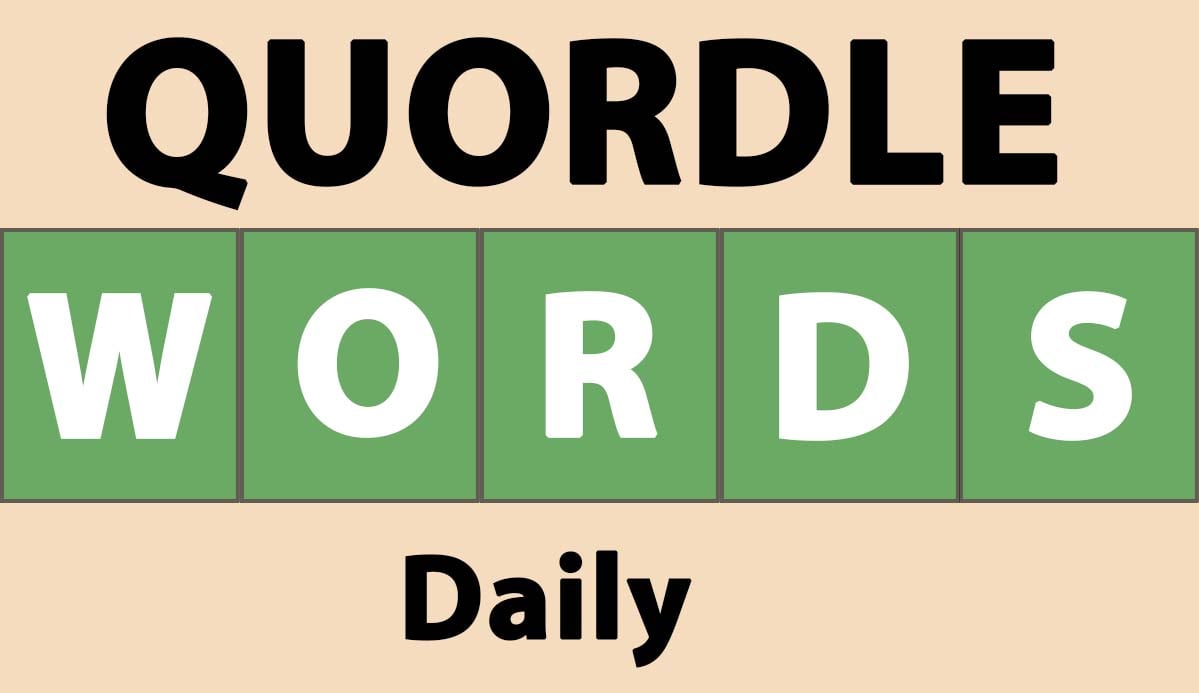
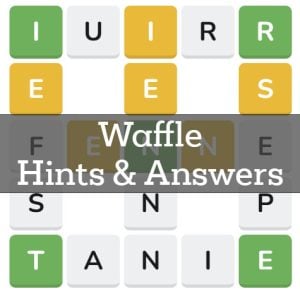
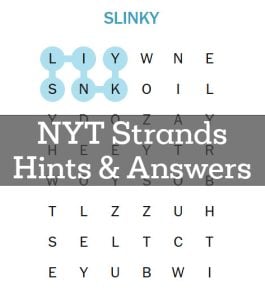
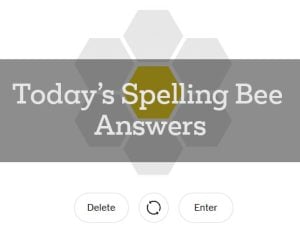

I love the hints! They really help me get into the game. Can’t wait to try today’s puzzles!
This article is so helpful! I always struggle with Quordle, but these tips make it easier. Thanks for sharing!
Wow, this is great! I appreciate the clear warnings about spoilers too. Keep up the good work!
These hints are super helpful! I appreciate the effort you put into making it easier for us!
“Extreme mode” sounds like a blast! Can’t wait to give it a shot with your hints.
I had so much fun with today’s puzzles! The hints were just what I needed.
“Spoilers Ahead” is the best warning ever! Thanks for keeping it exciting!
“Quordle” is my new favorite word game, and your hints make it even better. Thank you!
Great post! I love how you break down the hints for each mode. Keep it up!
Awesome tips! I’m always looking for ways to improve my game. Thanks for sharing!
“Chill mode” is perfect for relaxing while still having fun. Thanks for the guidance!
Thanks for the hints! They really help me get started without giving too much away.
I love these Quordle hints! They make the game so much more fun. Can’t wait to try today’s puzzles!